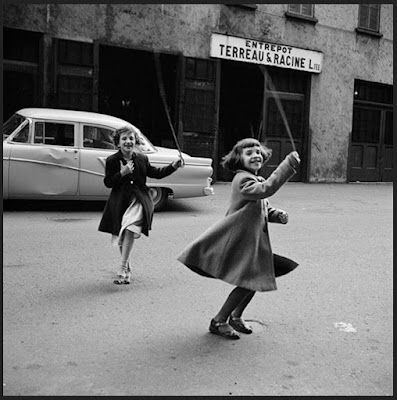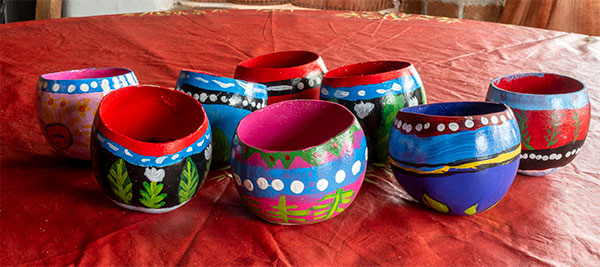Last weekend, my wife Amy and I had the honor of attending a quinceañera for Frida, the daughter and granddaughter of our friends and close neighbors here in San Pedro Ixtlahuaca. We were thrilled to be invited as the event photographers, capturing beautiful moments of this special day.
The evening was a vibrant tapestry of music, dance, oratory, and heartfelt tributes to Frida. From the lively tunes played by the band to the choreographed dances by Frida and her court, every moment was filled with joy and celebration. One of the highlights was the "calenda," a traditional parade that entered the hall and added a unique and festive touch to the evening.
Especially, the dancing of Frida and her entourage of young friends was very touching. Such respect and camaraderie, gave a touching poignancy to the evening.
As the night progressed, we ate our fill and our hearts were brimming with the warmth and friendship of the community. We felt a profound sense of belonging, embraced by the kindness and generosity of our friends and neighbors. It was a night we will cherish forever, a testament to the strong bonds we’ve formed in our beloved village of San Pedro Ixtlahuaca.
Congratulations to Frida on her marvelous quinceañera . . . and to her wonderful family.






.jpg)













